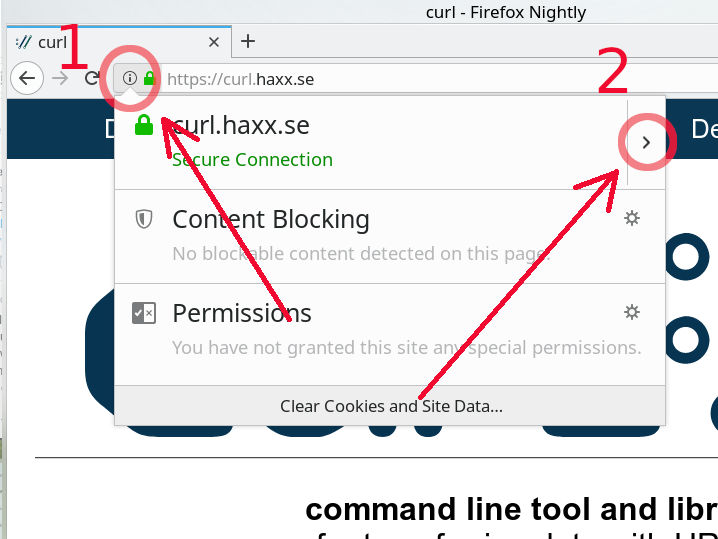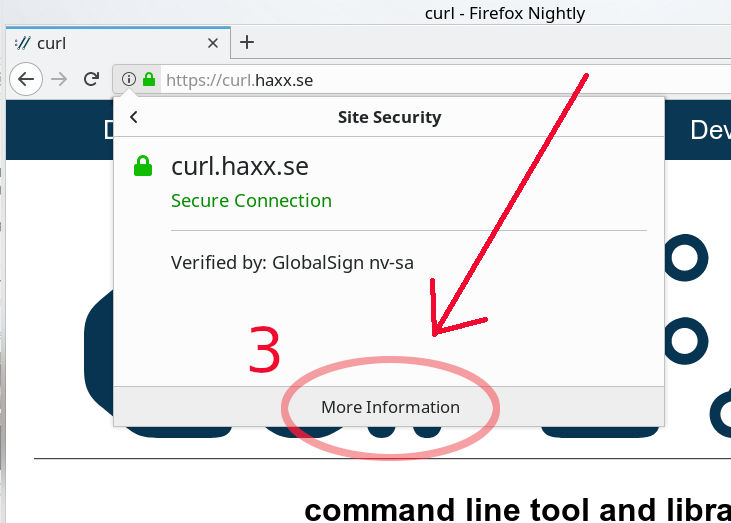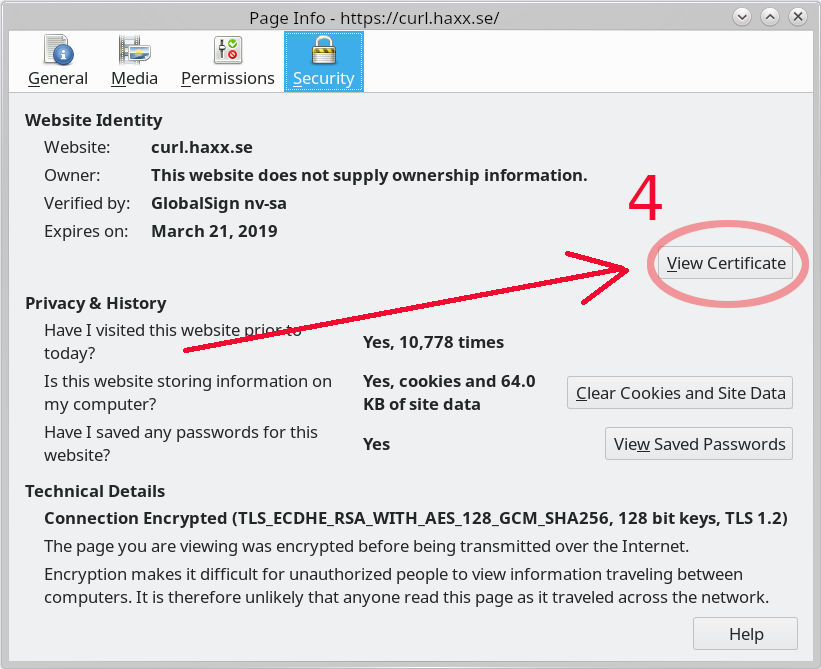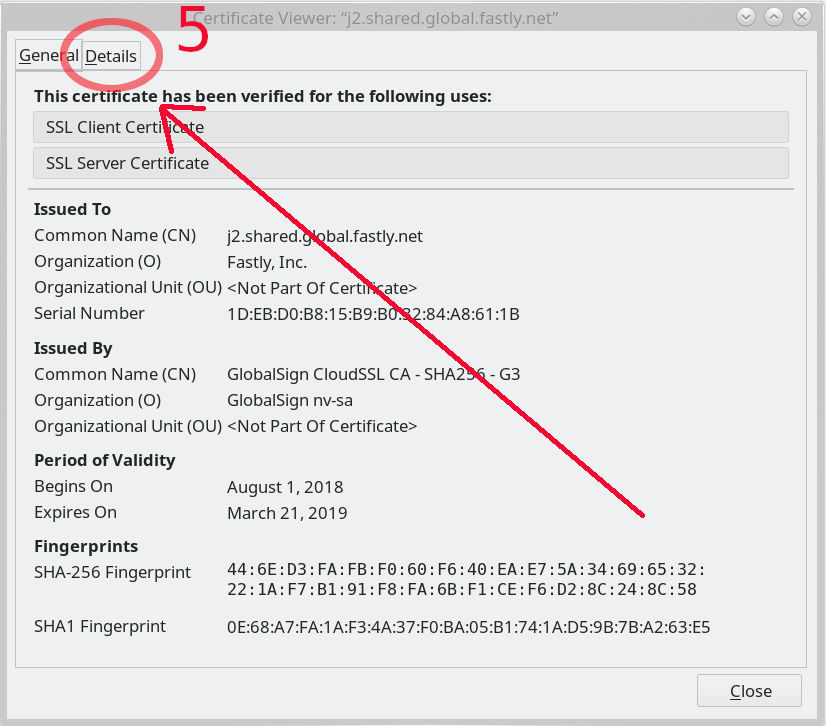
I know, has there been eight weeks since the previous release already? But yes it has – I double-checked! And then as the laws of nature dictates, there has been yet another fresh curl version released out into the wild.
Numbers
the 179th release
5 changes
56 days (total: 7,628)
76 bug fixes (total: 4,913)
128 commits (total: 23,927)
0 new public libcurl functions (total: 80)
3 new curl_easy_setopt() options (total: 265)
1 new curl command line option (total: 220)
56 contributors, 29 new (total: 1,904)
32 authors, 13 new (total: 658)
3 security fixes (total: 87)
Security fixes
This release we have no less than three different security related fixes. I’ll describe them briefly here, but for the finer details I advice you to read the dedicated pages and documentation we’ve written for each one of them.
CVE-2018-16890 is a bug where the existing range check in the NTLM code is wrong, which allows a malicious or broken NTLM server to send a header to curl that will make it read outside a buffer and possibly crash or otherwise misbehave.
CVE-2019-3822 is related to the previous but with much worse potential effects. Another bad range check actually allows a sneaky NTLMv2 server to be able to send back crafted contents that can overflow a local stack based buffer. This is potentially in the worst case a remote code execution risk. I think this might be the worst security issue found in curl in a long time. A small comfort is that by disabling NTLM, you will avoid it until patched.
CVE-2019-3823 is a potential read out of bounds of a heap based buffer in the SMTP code. It is fairly hard to trigger and it will mostly cause a crash when it does.
Changes
- curl now supports Mike West’s cookie update known as draft-ietf-httpbis-cookie-alone. It basically means that cookies that are set as “secure” has to be set over HTTPS to be allow to override a previous secure cookie. Safer cookies.
- The –resolve option as well as CURLOPT_RESOLVE now support specifying a wildcard as port number.
- libcurl can now send trailing headers in chunked uploads using the new options.
- curl now offers options to enable HTTP/0.9 responses, The default is still enabled, but the plan is to deprecate that and in 6 months time switch over the to default to off.
- curl now uses higher resolution timer accuracy on windows.
Bug-fixes
Check out the full change log to see the whole list. Here are some of the bug fixes I consider to be most noteworthy:
- We re-implemented the code coverage support for autotools builds due to a license problem. It turned out the previously used macro was GPLv2 licensed in an unusual way for autoconf macros.
- We make sure –xattr never stores URLs with credentials, following the security problem reported on a related tool. Not considered a security problem since this is actually what the user asked for, but still done like this for added safety.
- With -J, curl should not be allowed to append to the file. It could lead to curl appending to a file that was in the download directory since before.
- –tls-max didn’t work correctly on macOS when built to use Secure Transport.
- A couple of improvements in the libssh-powered SSH backend.
- Adjusted the build for OpenSSL 3.0.0 (the coming future version).
- We no longer refer to Schannel as “winssl” anywhere. winssl is dead. Long live Schannel!
- When built with mbedTLS, ignore SIGPIPE accordingly!
- Test cases were adjusted and verified to work fine up until February 2037.
- We fixed several parsing errors in the URL parser, mostly related to IPv6 addresses. Regressions introduced in 7.62.0.
Next
The next release cycle will be one week shorter and we expect to ship next release on March 27 – just immediately after curl turns 22 years old. There are already several changes in the pipe so we expect that to become 7.65.0.
We love your help and support! File bugs you experience or see, submit pull requests for the features or corrections you work on!






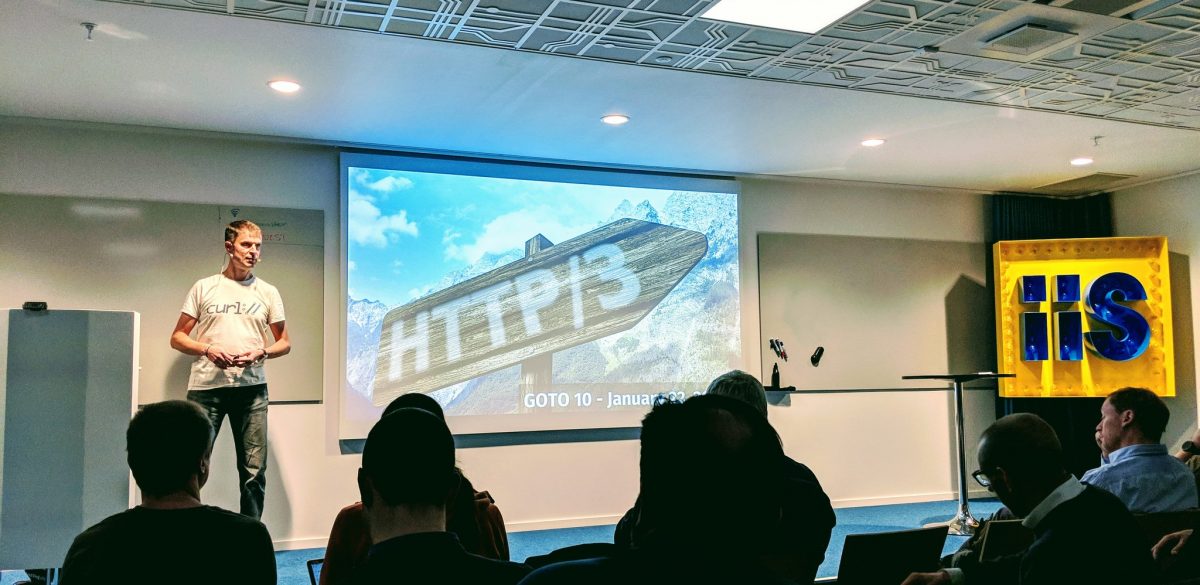
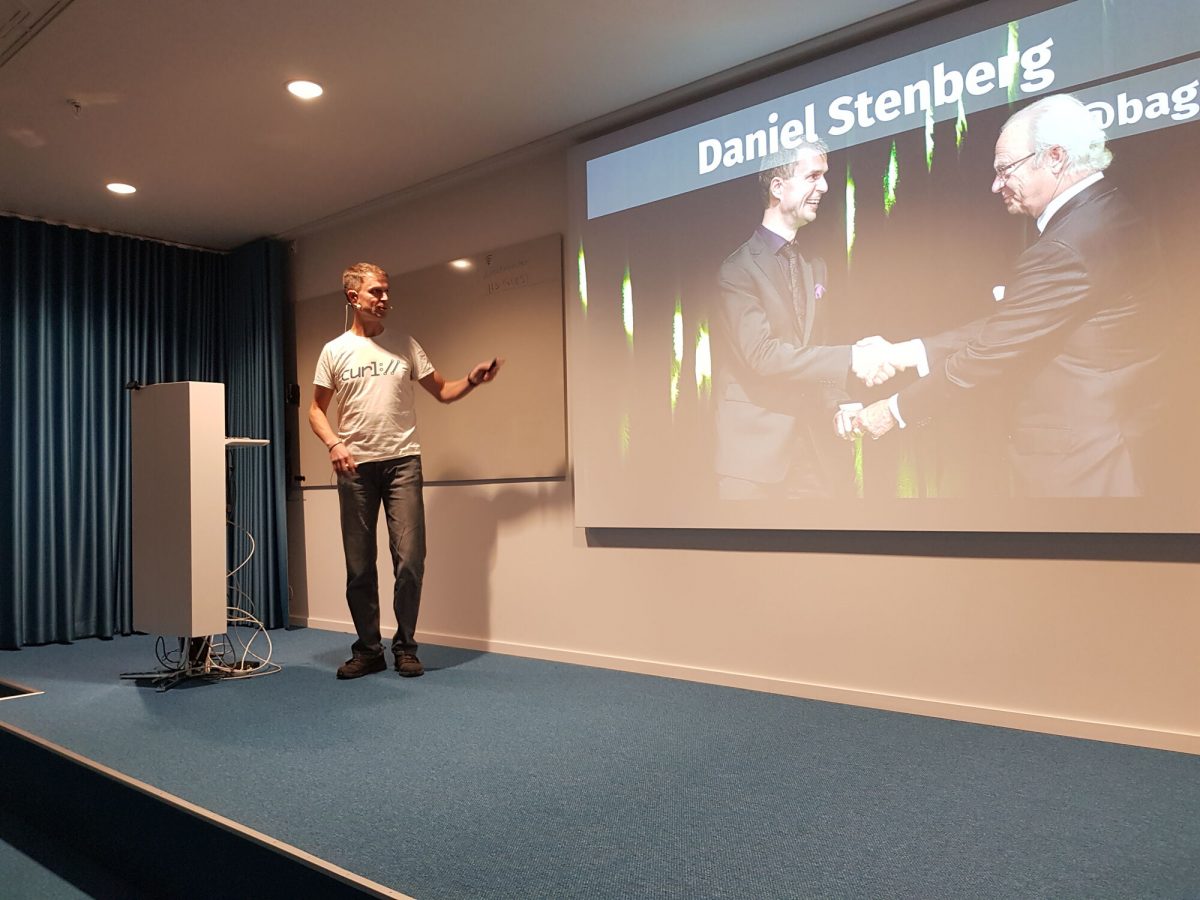
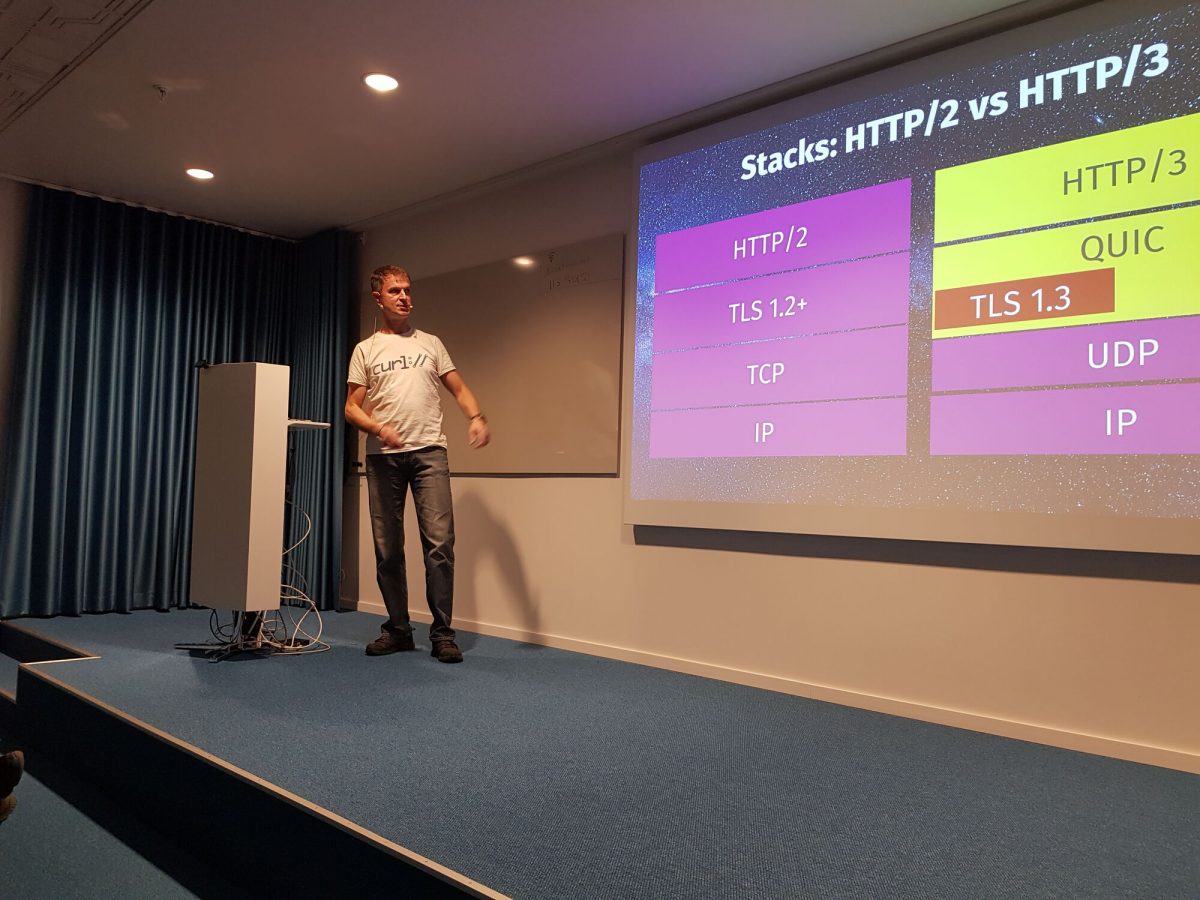
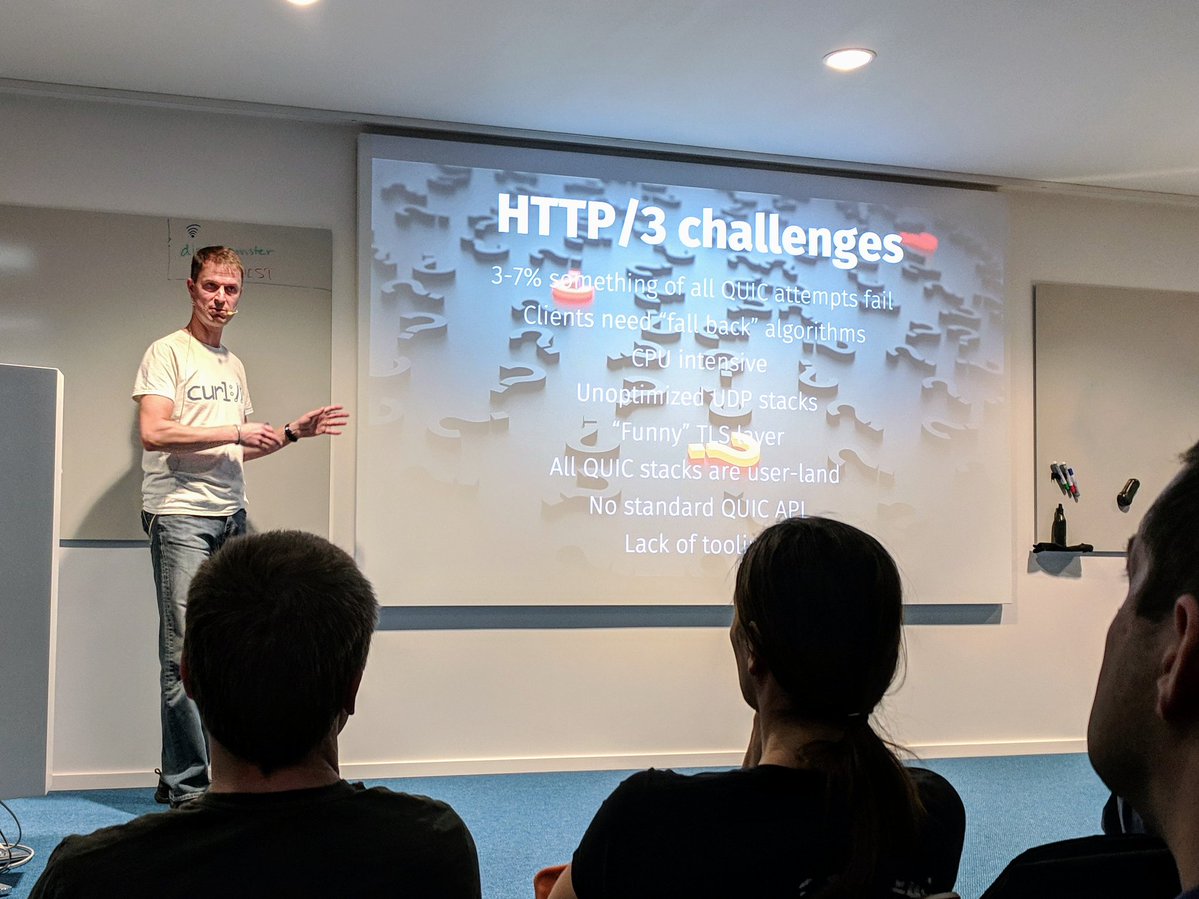



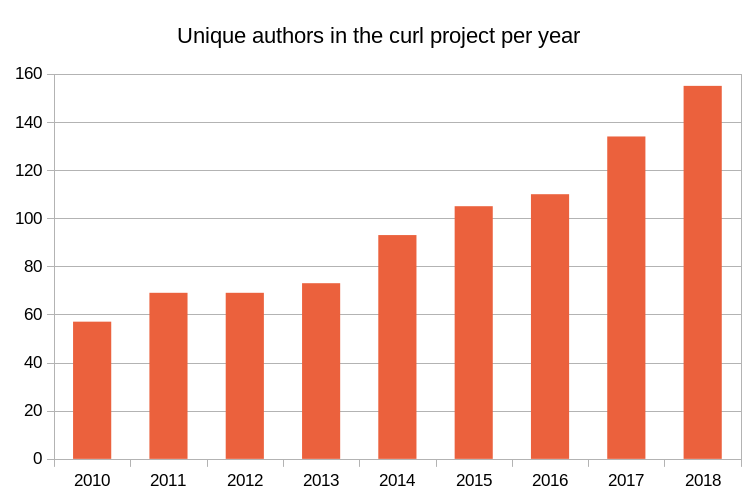
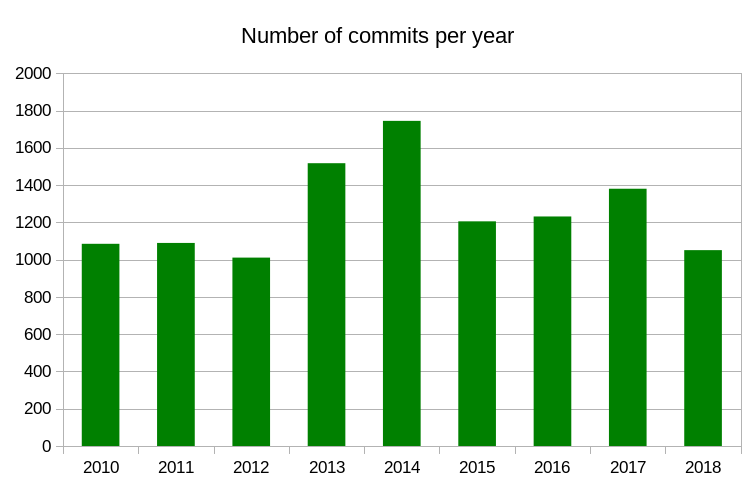
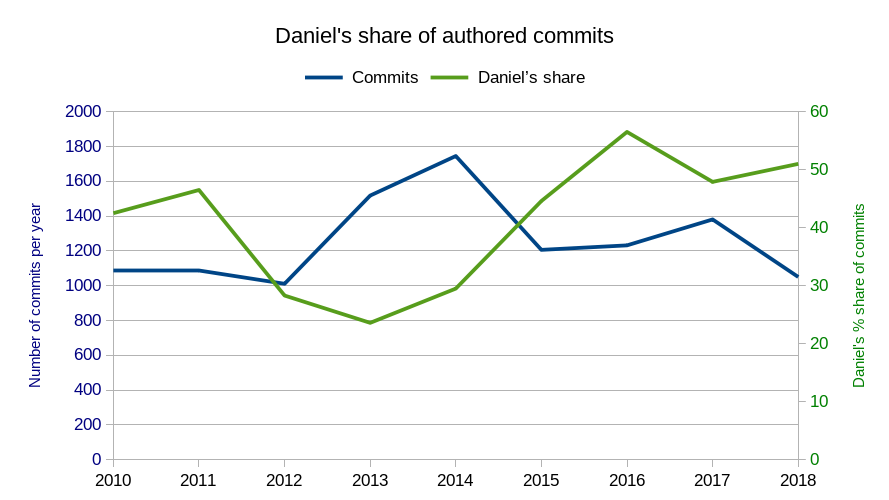
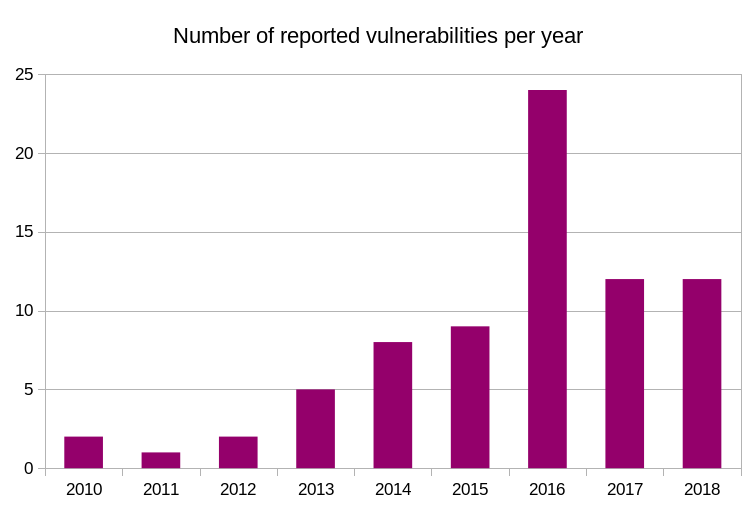




 It’s been
It’s been  I had already before I joined the Firefox development understood some of the challenges of making a browser in the modern era, but that understanding has now been properly enriched with lots of hands-on and code-digging in sometimes decades-old messy C++, a spaghetti armada of threads and the wild wild west of users on the Internet.
I had already before I joined the Firefox development understood some of the challenges of making a browser in the modern era, but that understanding has now been properly enriched with lots of hands-on and code-digging in sometimes decades-old messy C++, a spaghetti armada of threads and the wild wild west of users on the Internet. I had worked on curl for a very long time already before joining Mozilla and I expect to keep doing curl and other open source things even going forward. I don’t think my choice of future employer should have to affect that negatively too much, except of course in periods.
I had worked on curl for a very long time already before joining Mozilla and I expect to keep doing curl and other open source things even going forward. I don’t think my choice of future employer should have to affect that negatively too much, except of course in periods. I was involved in the IETF HTTPbis working group for many years before I joined Mozilla (for over ten years now!) and I hope to be involved for many years still. I still have a lot of things I want to do with curl and to keep curl the champion of its class I need to stay on top of the game.
I was involved in the IETF HTTPbis working group for many years before I joined Mozilla (for over ten years now!) and I hope to be involved for many years still. I still have a lot of things I want to do with curl and to keep curl the champion of its class I need to stay on top of the game.
